How to Protect Your Newborn from Germs
As a new parent, protecting your baby from harmful germs becomes a top priority, especially while their immature immune system develops during those critical first few months. While your natural instinct may be to fret and sanitize everything within reach, it's important to strike a balance between caution and practicality. Understanding how newborns are particularly vulnerable to infections and learning proper hand washing techniques are essential first steps.
This guide dives into understanding your baby's immune system, the best practices to prevent germs, and how to foster a safe environment for your little one without becoming overwhelmed by every potential threat.
Understanding Your Newborn's Immune System
At birth, a baby’s immune system is still in its early stages of development. Unlike adults, newborns are not fully equipped to combat viruses, bacteria, and other pathogens. However, they receive some initial protection from antibodies passed from mother to baby through the placenta. Breastfeeding provides an additional boost to the baby’s immune defense, offering essential antibodies and nutrients.
Key Milestones in Immune System Development
- First Few Weeks: Your baby’s immune system is still fragile, and the protection from maternal antibodies helps reduce the risk of infection.
- 2-3 Months: By this time, your baby’s immune system becomes stronger and more capable of defending against minor infections.
- 6 Months and Beyond: Exposure to everyday germs, such as those from teething and playing, can help stimulate your baby’s immune response, preparing them for future battles against infections.
Even though your baby’s immune system improves over time, it’s crucial to continue taking steps to reduce exposure to harmful germs during these early months.
1. Limit Exposure: Stay Home, Limit Visitors
While the excitement of a newborn often draws many well-wishers, it’s essential to limit visitors during the early months. Your baby’s immune system is not yet strong enough to handle potential exposure to germs.
Why Limiting Visitors Matters
- Immune Protection: Restricting visitors ensures fewer people are in contact with your baby, reducing the likelihood of infections being transmitted.
- Avoid Sick Visitors: Ensure anyone who feels unwell, even with mild symptoms, refrains from visiting. Even a slight cold can be harmful to your baby.
- Control the Environment: Limiting outside contact allows you to control the environment and maintain cleanliness, ensuring your baby is surrounded by the safest possible surroundings.
If socializing is a must, encourage visitors to wash their hands, wear masks, and avoid close contact if they have been exposed to illnesses. Setting clear guidelines helps everyone stay on the same page.
2. Keep Your Home Clean but Avoid Overdoing It
A clean home is essential, but it’s equally important not to go overboard in your efforts to sterilize every surface.
Best Practices for a Germ-Free Home
- Handwashing: Hand hygiene becomes more important than ever. Wash your hands before feeding, handling, or touching your baby, as well as after changing diapers.
- Cleaning Surfaces: Frequently touched surfaces such as doorknobs, kitchen counters, and bathroom sinks should be cleaned regularly to minimize the spread of germs.
- Avoid Over-Bathing: While it’s tempting to bathe your baby daily, over-bathing can dry out their sensitive skin. Limit baths to two to three times per week.
- Fragrance-Free Products: Baby skin is delicate, so opt for fragrance-free cleaning detergents for laundry to avoid irritating your newborn’s skin.
Remember, germs exist everywhere, and over-sanitizing might not always be necessary. The key is to maintain balance and focus on high-touch areas, while also providing your baby the space to develop a healthy immune system.
3. Maintain Vaccination Schedules
Vaccinations are one of the most effective ways to protect your newborn from serious diseases and infections. Ensure your baby receives vaccinations according to the recommended schedule, starting from birth and continuing through the early years.
Immunization for Your Baby's Health
- Routine Vaccines: These include vaccines against diseases such as hepatitis B, rotavirus, and DTaP (diphtheria, tetanus, and pertussis).
- Your Own Vaccinations: As a new parent, make sure you are up to date with your own vaccines, including the flu vaccine, Tdap (for pertussis), and COVID-19. Your baby will benefit from this indirect protection as well.
- Schedule and Consultation: Work with your pediatrician to ensure your baby stays on track with all immunizations. Discuss any concerns you might have, particularly regarding the timing of vaccines.
Vaccines provide long-lasting protection and reduce the risk of severe illness from otherwise preventable diseases. Regular doctor visits and a timely vaccination schedule will play a key role in keeping your newborn safe.
4. Handling Baby Food and Milk
Proper care and hygiene are required when feeding your baby to avoid contamination and ensure optimal nutrition.
Tips for Safe Feeding
- Discard Leftovers: Any leftover breast milk, formula, or jarred food should be discarded after a feeding, within two hours if, or within 24 hours once completely thawed, as per CDC guidelines. Bacteria from saliva can breed in leftover food, which can be harmful to your baby.
- Wash Hands Before Preparation: Always wash your hands before preparing baby food or formula to minimize the risk of introducing germs.
- Prepare Fresh Portions: Only fill bottles with as much milk as your baby will consume in one sitting. Prepare small batches of food, so nothing goes to waste or becomes contaminated.
- Sterilization: While routine sterilization isn’t needed for most babies, it’s recommended before first use or when bottles and pacifiers are very dirty. Babies under three months, premature infants, or those with weakened immune systems should have items sterilized often to prevent germs, as per CDC guidelines.
- Choose Easy-to-Clean Bottles: Not all bottles are created equal. Designs with multiple small parts can trap residue and bacteria, making them harder to keep truly clean. For parents looking for a hygienic alternative, the BuubiBottle offers a simple, few-parts design that makes thorough cleaning easier and more effective.
5. Limit Exposure to Wet and Damp Surfaces
Mold, bacteria, and mildew thrive in wet environments, which makes it essential to keep your baby’s belongings dry.
Key Tips for Avoiding Contaminated Surfaces
- Teething Toys and Food: Avoid giving your baby toys or food that have fallen on wet or damp surfaces. These items can harbor bacteria and germs that might cause illness.
- Clean and Dry: Always dry any items your baby puts in their mouth and ensure they’re not exposed to damp conditions for extended periods.
6. Pet Safety
Pets can be great companions for your baby, but they also pose some risks in terms of hygiene. While exposure to pets can help prevent certain allergies, it’s important to manage your baby’s interaction with them.
How to Keep Your Baby Safe Around Pets
- Hygiene Control: Ensure that pets’ food, water bowls, and toys are out of reach of your baby. Pets should be kept away from areas where food is prepared.
- Cleaning After Pets: Make sure any pet waste is promptly cleaned up, and the litter box is kept out of your baby’s reach to prevent exposure to harmful bacteria like toxoplasmosis.
7. Outside Precautions
Taking your baby outdoors for fresh air is beneficial for both of you. However, be mindful of hazardous elements that can pose risks to your baby’s health.
Outdoor Safety for Newborns
- Avoid Harmful Waste: Ensure your baby does not come in contact with potentially dangerous items like dog poop, cigarette butts, or garbage on the ground.
- Watch for Toxins: Keep your baby away from areas treated with pesticides, fertilizers, or other toxic chemicals. These substances can be harmful, even if they aren’t technically germs.
8. When to Seek Medical Attention
Despite your best efforts, your baby may still become sick. Knowing when to seek medical help is crucial in ensuring their safety.
When to Call the Pediatrician
- High Fever: A fever of 100.4°F (38°C) or higher in newborns, especially those under 3 months, requires immediate medical attention.
- Persistent Symptoms: If your baby has symptoms that persist for more than a few days or if the fever doesn’t respond to medication, contact your doctor.
- Worsening Health: If your baby seems lethargic, has trouble breathing, or shows other signs of distress, don’t hesitate to call your pediatrician.
Conclusion
Protecting your newborn from germs is a delicate balance between being cautious and allowing their immune system to develop naturally. By maintaining cleanliness, setting boundaries with visitors, ensuring proper feeding practices, and staying up to date on vaccinations, you can help safeguard your baby’s health during those critical early months.
Remember, not all germs are harmful, and a certain level of exposure is necessary for strengthening your baby’s immune system. However, by following these practical tips, you can create a safe and nurturing environment that supports both your baby's health and your peace of mind.
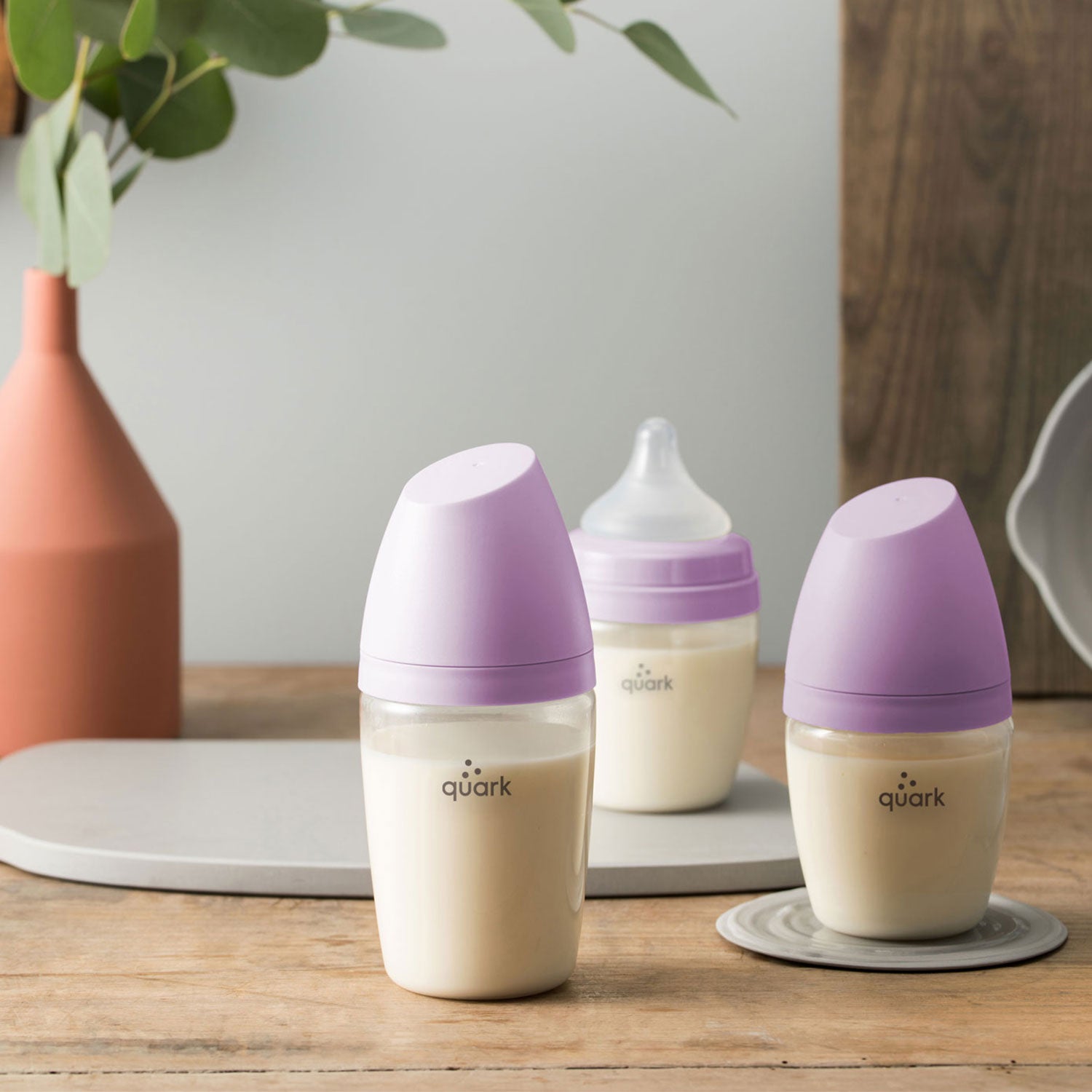
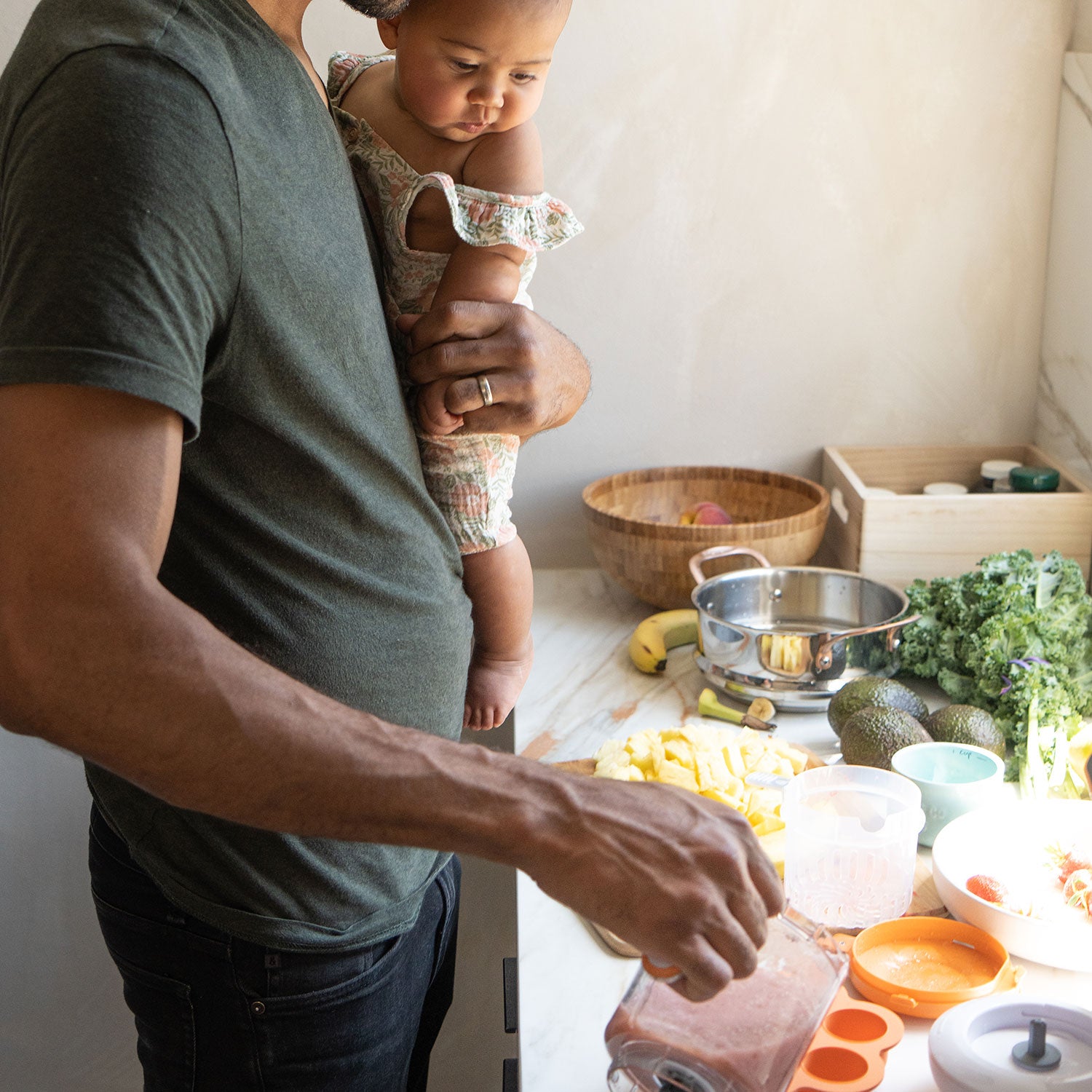
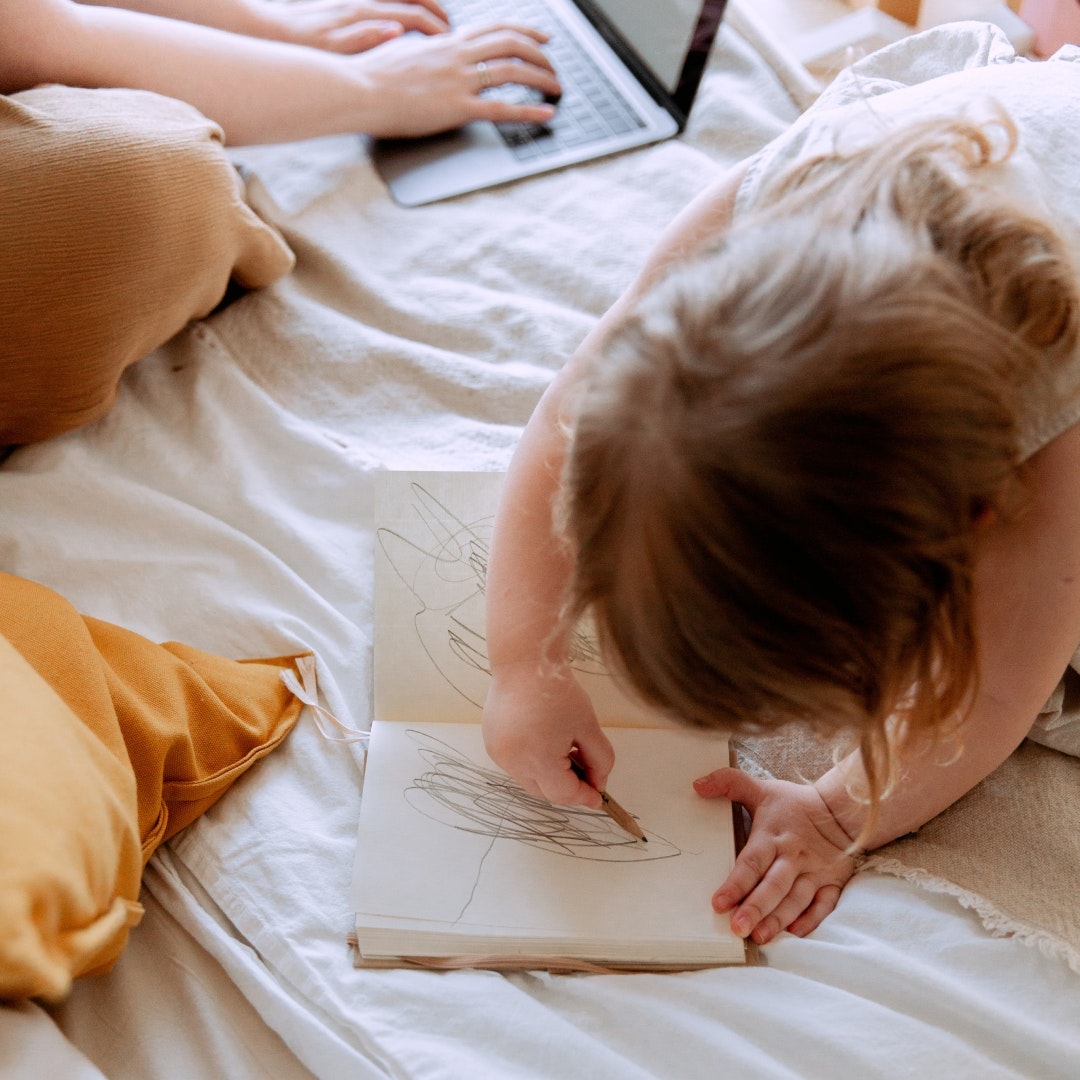
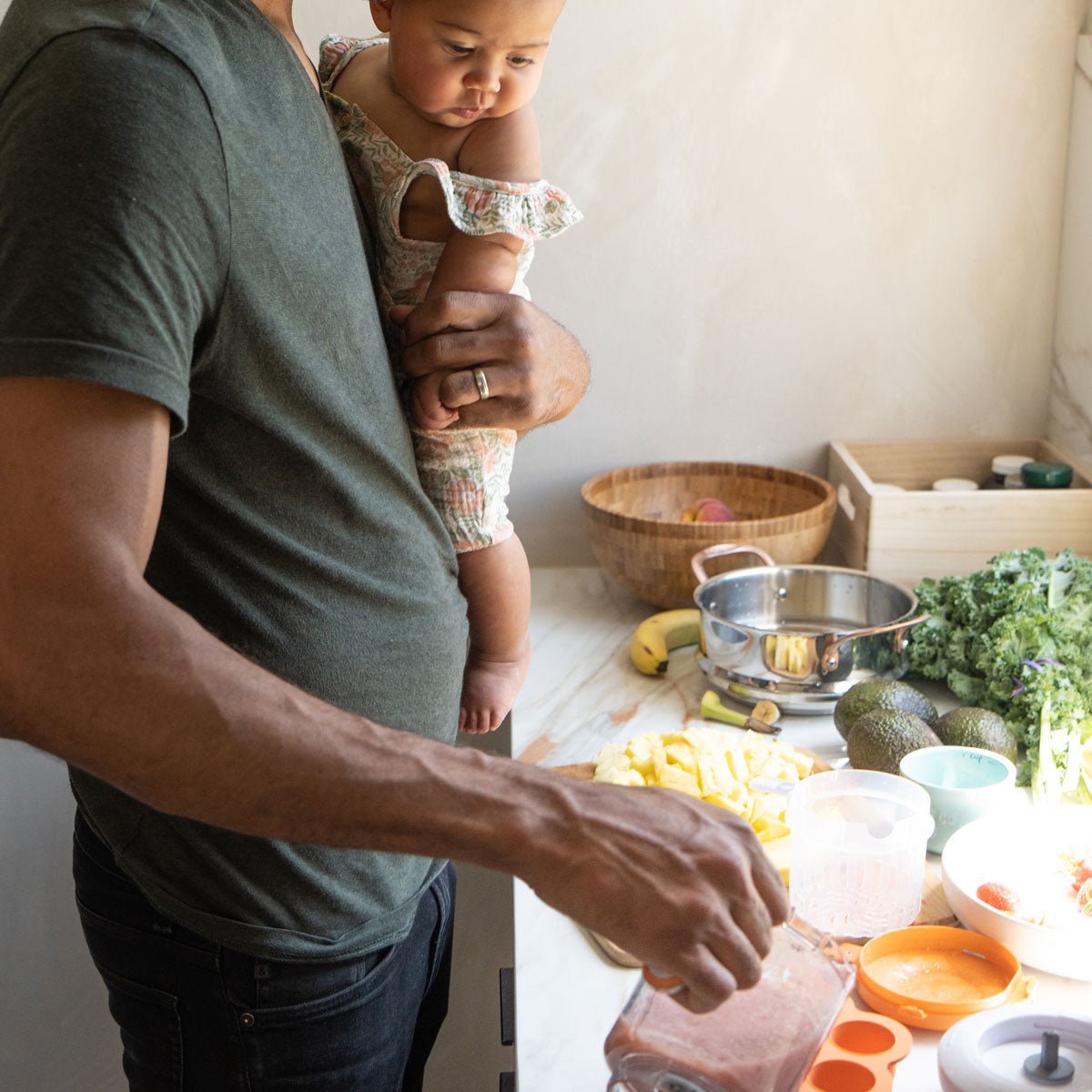
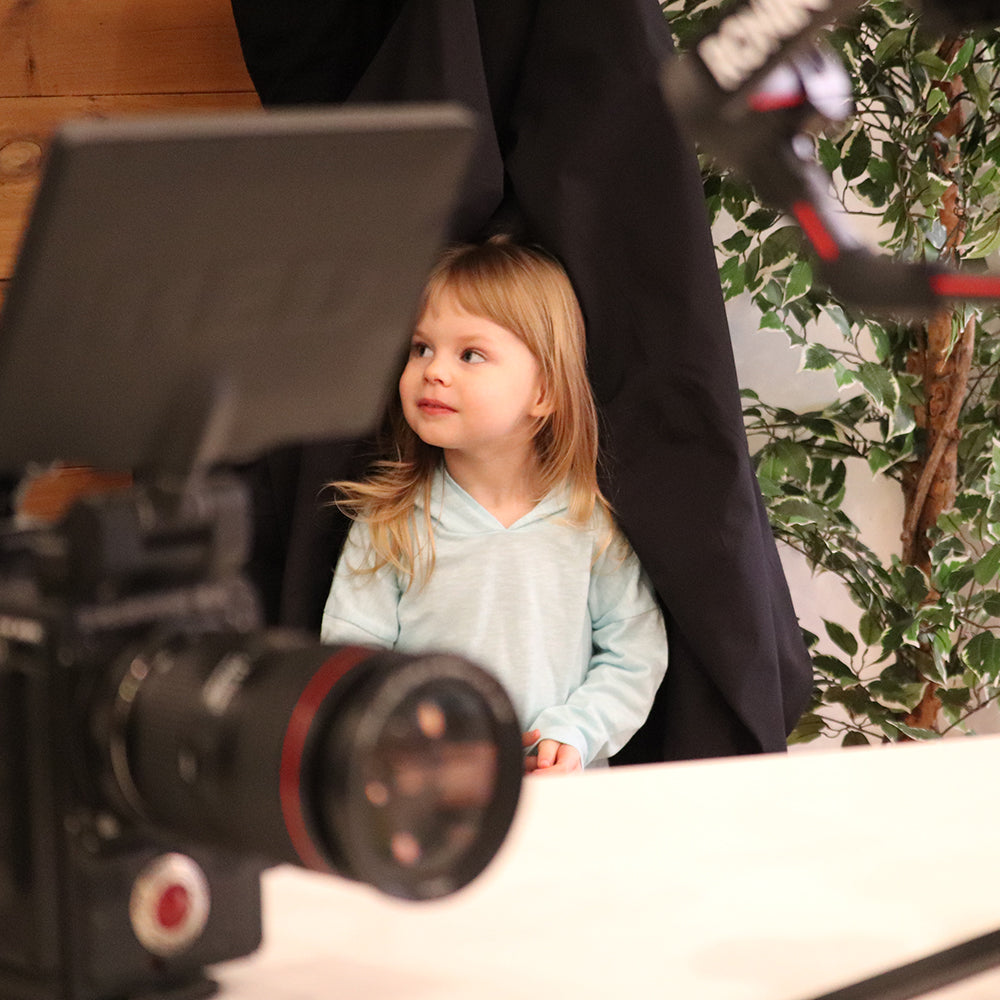
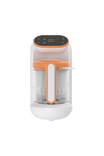
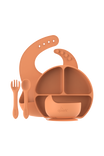
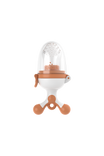
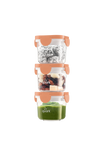
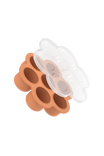
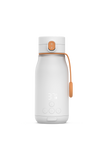
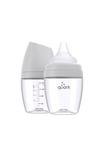
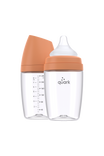
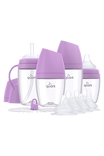
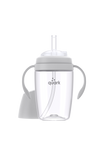
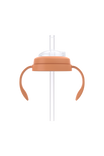
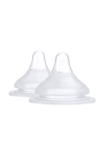
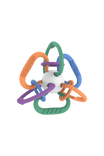
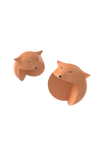
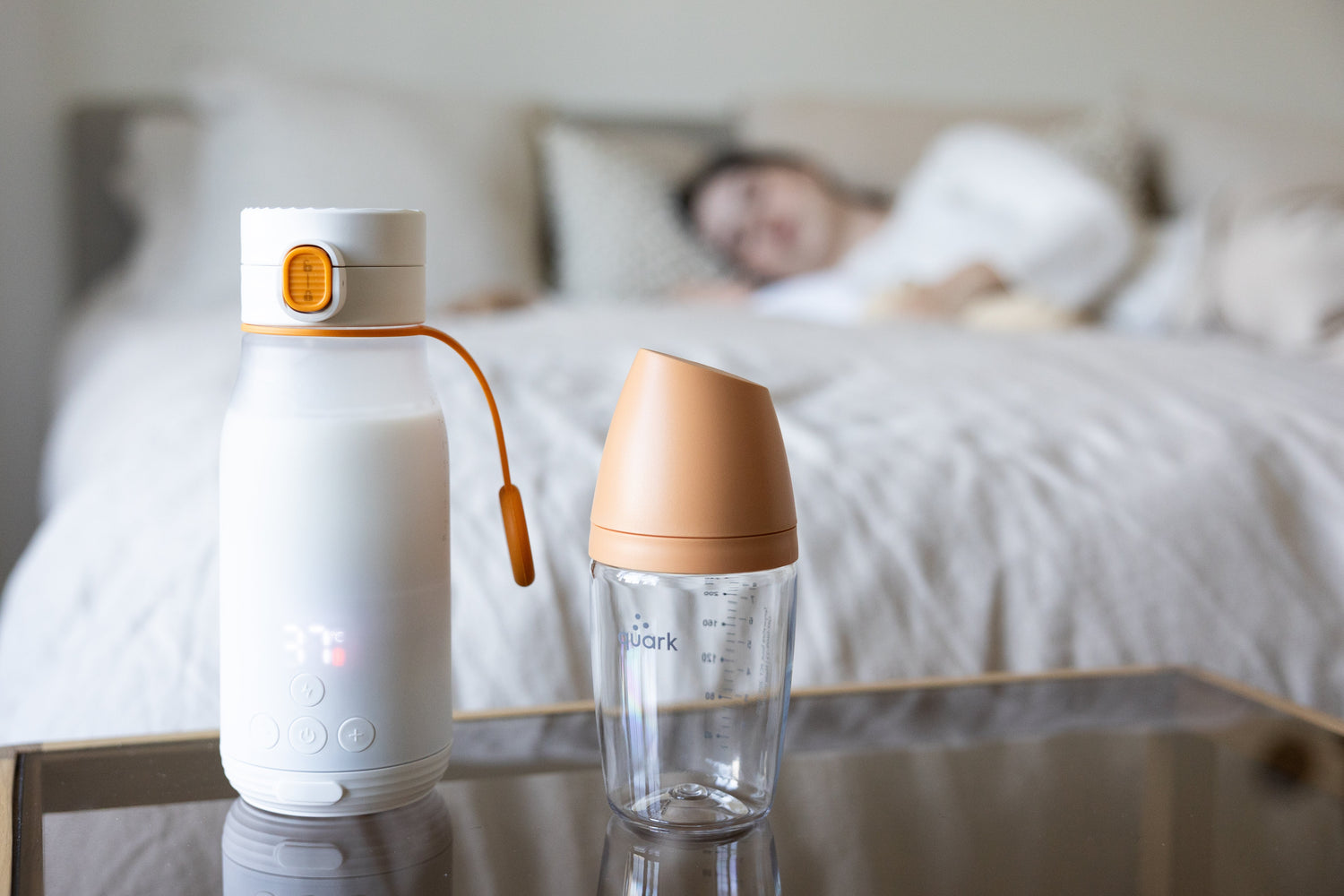
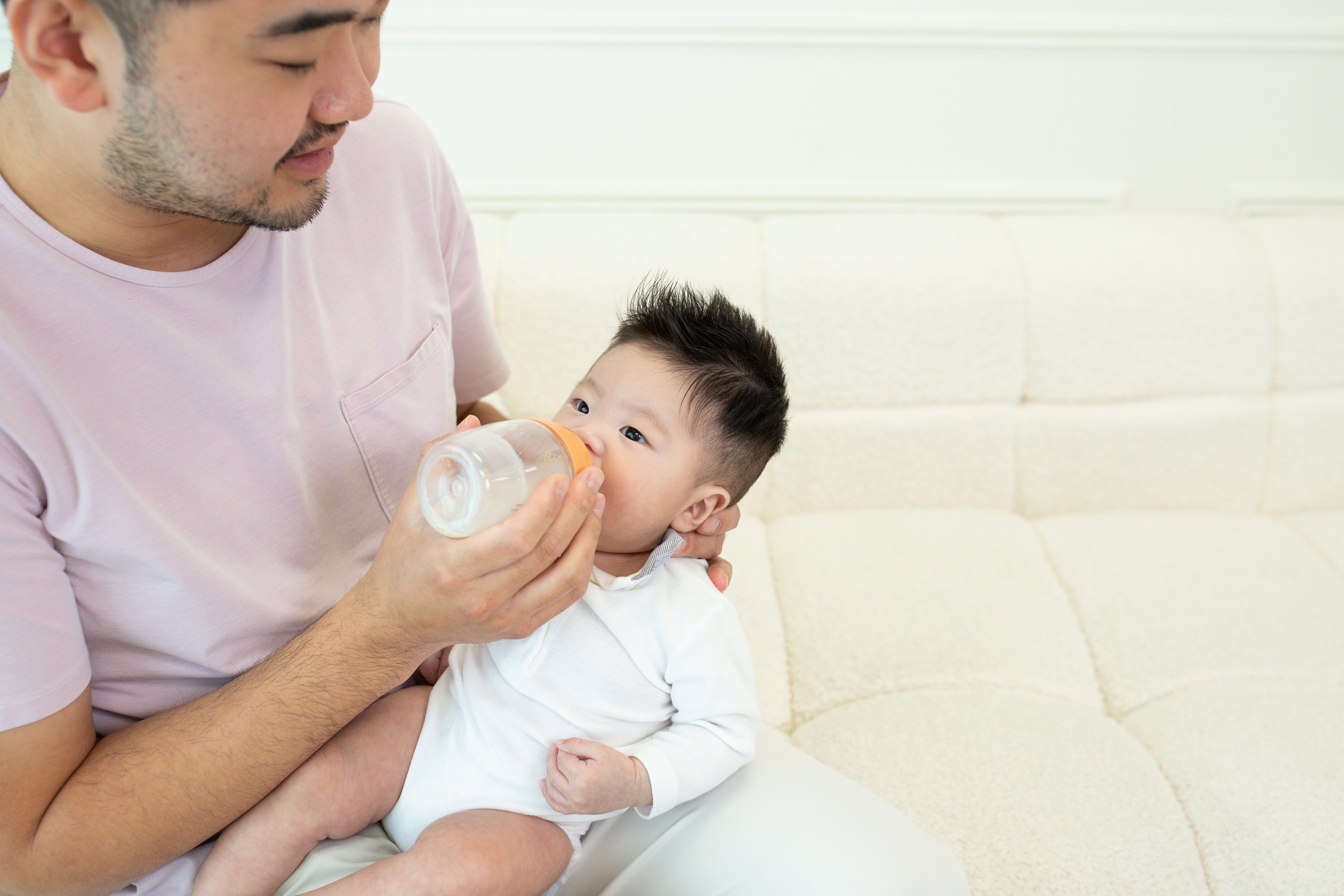
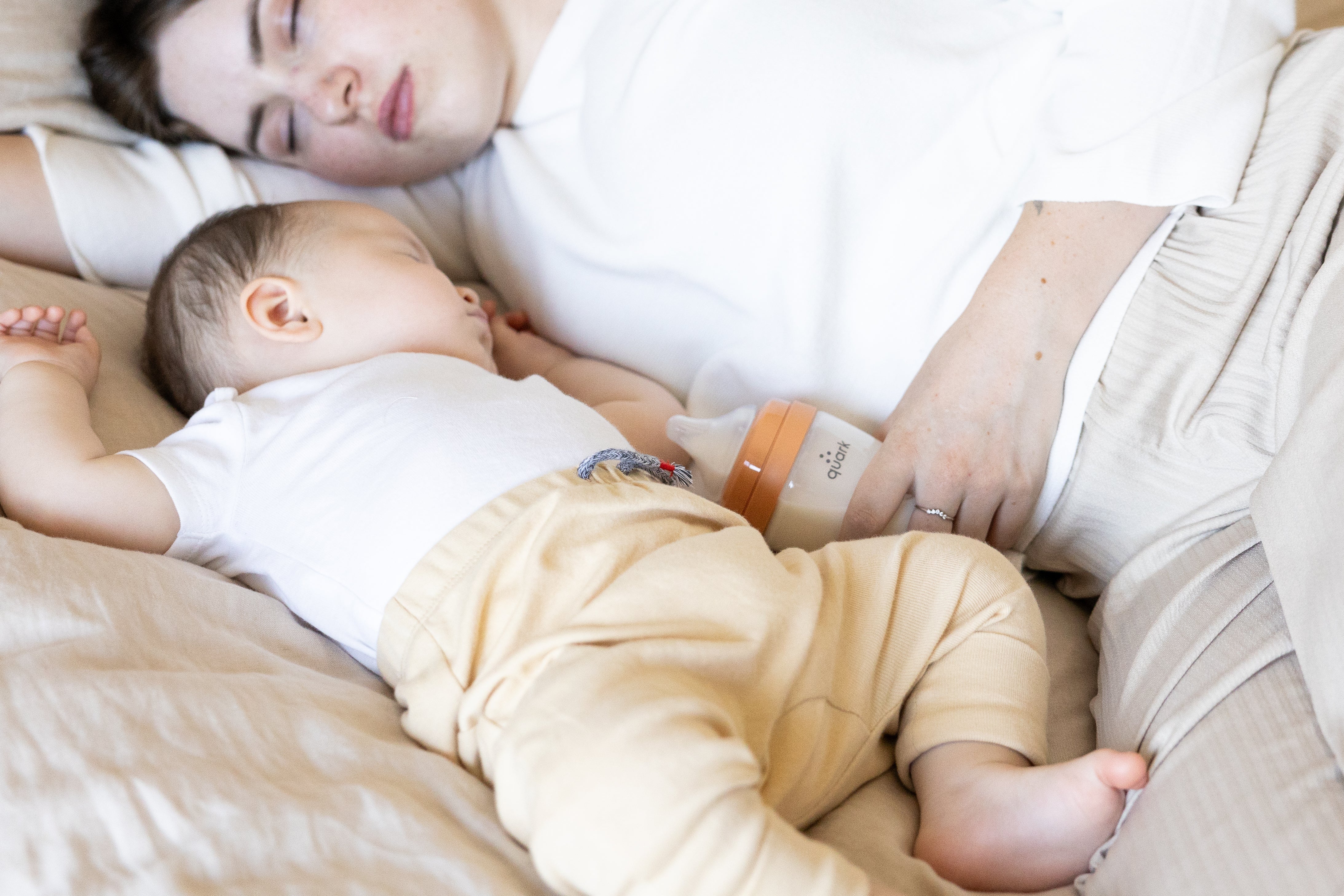
Laisser un commentaire
Tous les commentaires sont modérés avant d'être publiés.
Ce site est protégé par hCaptcha, et la Politique de confidentialité et les Conditions de service de hCaptcha s’appliquent.